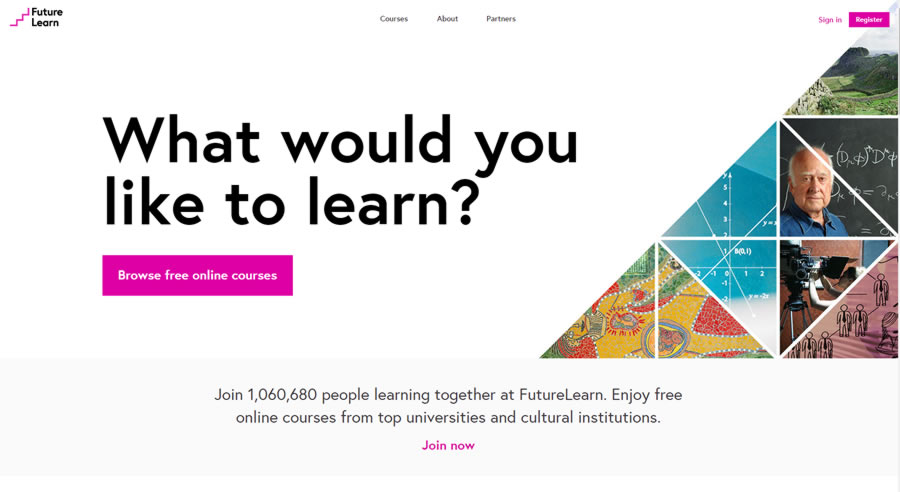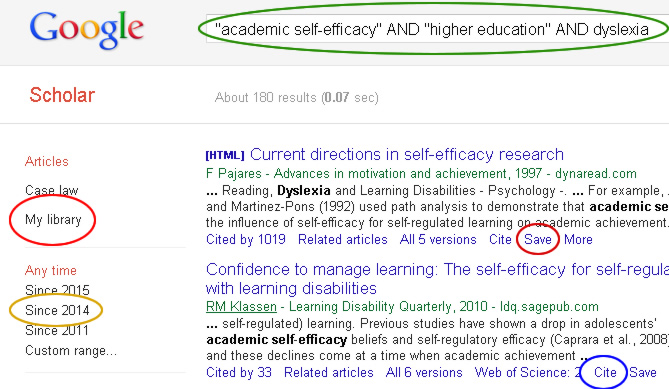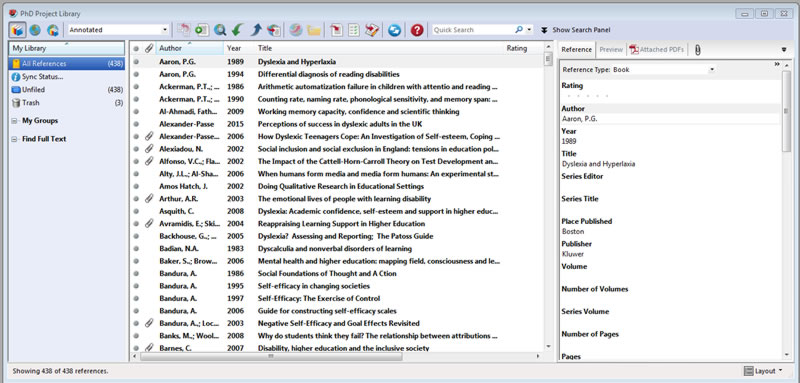Scoping, thinking and research means reflecting on academic tasks before you start writing.
This means considering how to get started, planning, and devising strategies for finding, collecting and accessing resources to inform your thinking.
Being systematic about study processes comes easily to some and is challenging for others. Gaining skills in 'sizing up' learning challenges, developing effective and resourceful techniques for sourcing information, engaging with it and then thinking about what it means are core-skills to develop. Studying at university provides the opportunity to improve and become more confident in all these areas of academic development. Click a resource below to explore, or read more first ...
The most important part of studying at university is learning how to think!
 Your course of study will be teaching you many new ideas and concepts, expecting you to learn new techniques or processes of analysis and of course, gain new knowledge.
Your course of study will be teaching you many new ideas and concepts, expecting you to learn new techniques or processes of analysis and of course, gain new knowledge.
However, without reflecting on all of this and making time to think about it in ways that deepen your understanding, your university learning experience may be superficial, less interesting than it could be and without much lasting meaning.
 One of the hardest tasks is working out what you need to know and find out about in the first place - that is, 'sizing up' and 'scoping out' an essay, project or research study.
One of the hardest tasks is working out what you need to know and find out about in the first place - that is, 'sizing up' and 'scoping out' an essay, project or research study.
The resources in this section can help you to develop many of the practical processes you need for scoping out your study and sourcing or researching the information you need to consolidate it. This includes ideas and tools for storing the stuff you find in an organized way, no matter what the format, together with tools that can also help to properly credit the original sources through accurate referencing.
But particularly useful is that by linking Google Scholar to your gmail account it is easy to save searches into a personal library that you can even organize by attaching 'labels' to the search results to group similar search returns together, and using the 'Related Articles' feature enables you to quickly find more resources that have a direct relation to ones that are particularly relevant to your study at the time.
Added to this, the 'Cite' feature will export a complete citation of a source either in a format that you can copy and paste into your referencing list, or better still, export into bibliographic referencing software such as EndNote or RefManager. Ask a learning development or study skills tutor in your university for more guidance.
Aside from EndNote helping you to keep track of all your sources, it has the added feature of seamless integration into MS Word so that when you are writing assignments, EndNote can automatically insert and format citations at the click of a button and simultaneously create and update a complete bibliography while you work.
Although this makes it less comprehensive, it is still a very valuable resource for ensuring accurate referencing as it works in a similar way to EndNote Web by enabling you to add reference sources to your online library and organize them. You can connect this library to MS Word and a feature similar to EndNote's 'cite while you write' permits you to insert citations into your writing directly from your Zotero Library and format them according to your required referencing style.
Zotero can also create a full bibliography or references list at the end of your document that is also automatically formatted into your referencing style although sometimes it is necessary to make small, editing adjustments to get it exactly right.

The software application is downloadable onto any device in almost any format including Android OS, iOS, Mac, Windows and because you sign up with a free account, all the stuff that you capture is stored in a 'Cloud' so that everything is automatically 'sync-ed' across all your devices. This means that you can access your content anywhere at anytime on any device! Watch this short introductory video to learn more:

A particularly useful section: 'Guidance Materials', provides a wide selection of online and downloadable resources to help you to understand key steps and processes in working through a research project and especially good is a complete, modularized training resource to teach statistical regression methods for use in educational and social research (see the bottom webpage extract, below)
National Centre for Research Methods home page:
Using Statistical Regression Methods in Education Research:
The free version works perfectly well once you've become accustomed to the sound of the voice and its accent as this is little different to becoming used to listening to someone speak to you in a language that is not their own. However you can upgrade the software to the 'professional' version quite cheaply and install new voices from a selection of many native languages and accents which render the text it is reading in more naturally-sounding ways.
The rationale for the software is that by listening to your own writing it should help you to spot many of your English language errors or highlight paragraphs or blocks of text where the message of your writing is confusing. The software can also read out loud other documents such as PDF files and even webpages. Watch the short video below which explains some of the basic features:
Even the free version is quite quite useful since you can drag your own documents directly into an online text-reader window to listen to the text immediately. Try it in fully functioning webpage captured below.
Purchase of the application also includes two voices that you can choose from a wide range of accents. However, as with all text-to-speech readers, it is important to remember that a friend or tutor reading out your work will always sound more natural than an electronic voice, but it doesn't take long to get used to, especially through headphones or earphones and as a proof-reading tool these applications can be invaluable in helping to improve the fluency and style of your academic writing.
The design follows the MOOCs principle, a concept to encourage the uptake of learning across all social spheres and cultures and the collection of courses provided at FutureLearn reflects this diversity. All courses are online and although students attending a regular university course invariably have plenty to do keeping up with their institutional study programme, FutureLearn's courses are all short - generally no more than a few weeks - many have a certification on satisfactory completion, are free, and often offer very valuable 'top-up' learning that can complement the learning curriculum provided by your university.








